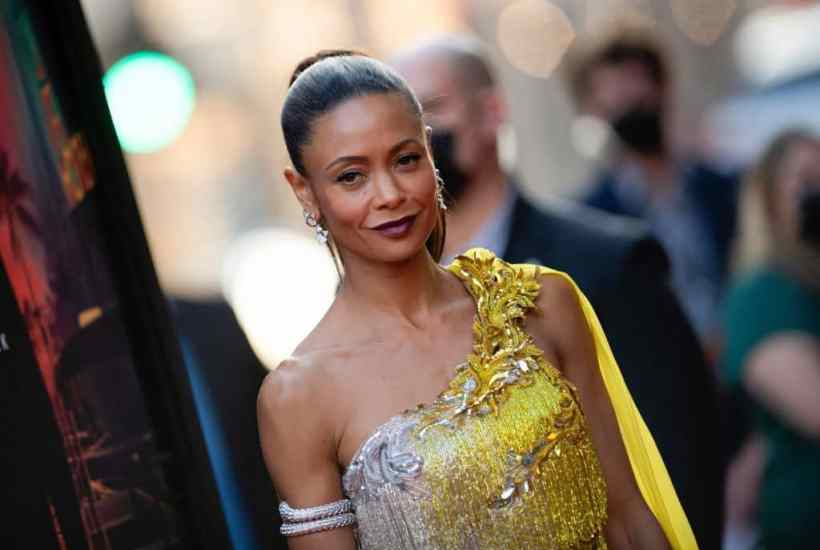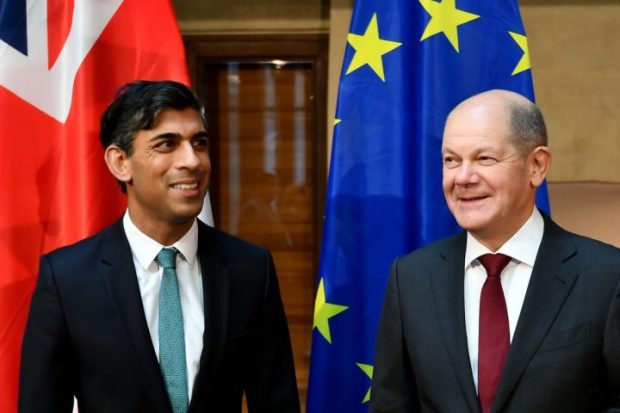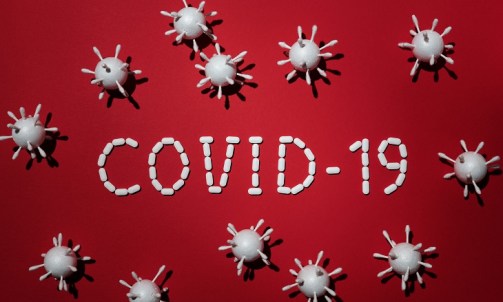People can make a bewildering number of offensive transgressions these days: from using the wrong pronoun when addressing people to saying that only a woman has a cervix. The latest eggshell to avoid now is mispronouncing people’s names.
#MyNameIs is a new initiative calling on people to add phonetic spellings to their email signatures. Race Equality Matters (REM), which launched the campaign, says that mispronouncing names can be ‘considered a microaggression’ and sends out a message that ‘you are minimal’. A survey conducted by REM found that 71 per cent of respondents said their names had been mispronounced, leading some to feel ‘disrespected’ or that ‘they didn’t belong’.
Of course, having a name that looks or sounds unfamiliar to Anglophone eyes and ears can be a hurdle. It can sometimes become a source of hurt feelings and more usually irritation (if you went to Catholic school, you may also remember the trouble teachers had with Irish names such as Siobhan or Ainne). Indeed, the television series Goodness Gracious Me incorporated this mispronouncing phenomenon into their most famous sketch, ‘Going Out For An English’, in which one Indian guest didn’t know how to pronounce the exotic-sounding name ‘John’.
The skit, ostensibly mocking British boorishness and ignorance, actually hinted at a fundamental, universal truth: that all cultures find foreign names, alien pronunciations or words with unfamiliar constructions strange and difficult. Sure, the British have difficulty rolling an ‘r’ in the Spanish or Italian fashion. That’s because it’s unfamiliar to us. But the French have trouble pronouncing the English ‘the-‘ sound in ‘that’ and ‘them’ because, likewise, that sound doesn’t exist in their language. As with Italians, they struggle to aspirate ‘h’ in words like ‘have’ or ‘helicopter’, because that’s alien to them. If your name is Henry or Holly, they will say your name wrong only because they can’t help it.
Italian newspapers frequently mis-spell English words. Only the other week, in its scoop on a European Union plan to ban potentially offensive words and gender-specific forms of address, the newspaper Il Giornale even had ‘Msr’ in its standfirst, as opposed to ‘Mrs’. Many Italians were also discombobulated when Leicester City won the English Premier League in 2016, not just because of its unlikely triumph, but because they didn’t know how on earth to say the name of the team; its funny pronunciation becoming a source of mirth on RAI radio. And even Americans famously struggle with the weird spellings of some English place-names.
Of course, the inability of some people to properly speak a second language can be linked to racism, such as boorish gags about the Chinese confusing ‘l’ with ‘r’ in English. But irrespective of intent, these jokes were based on a truth: that in some Chinese dialects, words don’t begin with the ‘r’ sound, and having to do so in English can be difficult.
My forename and surname are straightforward, so I’m never mispronounced, although one of my middle names – Xavier – is problematic for Anglophones, who either turn the front letter into a ‘z’ or say it ‘Ex-avier’, usually in referencing to the fictional founder of the X-Men. It should be pronounced with a guttural Spanish ‘h-‘ or a Catalan ‘sh-‘.
So I try to empathise with Emma Nabridnyj, an editorial director in London who told the Wall Street Journal:
‘If you don’t have an unusual name, you’ll never really know the daily effort of having one’.
And I can understand why the actress formerly known as Thandie Newton announced earlier this year that she was reverting to the original Zimbabwean spelling of her name, Thandiwe (tan-Dee-way):
‘It’s always been my name. I’m taking back what’s mine’.
In these islands, the Welsh and the Irish have habitually had trouble with their English neighbours when explaining how to say or spell their names. But we ask not always out of philistinism or unwitting racism, but often because we’re actually trying to be polite. And things do improve with times. Irish Gaelic names have become far more popular and prominent in recent years, as have those who bear them, such as the actress Saoirse Ronan and the comedians Roisin Conaty and Aisling Bea. Most people would now know had to address them.
It’s often said that we live in egotistical, self-regarding times, epitomised by the selfie, in which everything is interpreted as ‘being about me’. It’s likewise observed that we are too keen to perceive racism and offensive intent, even when there is none. Lamentably, the banner #MyNameIs combines both trends.
Not everything revolves about one’s self, and not everything is about race. When it comes to names, to say the wrong thing – literally – is a normal, universal and eternal language occurrence.
Got something to add? Join the discussion and comment below.
Get 10 issues for just $10
Subscribe to The Spectator Australia today for the next 10 magazine issues, plus full online access, for just $10.



















Comments
Don't miss out
Join the conversation with other Spectator Australia readers. Subscribe to leave a comment.
SUBSCRIBEAlready a subscriber? Log in